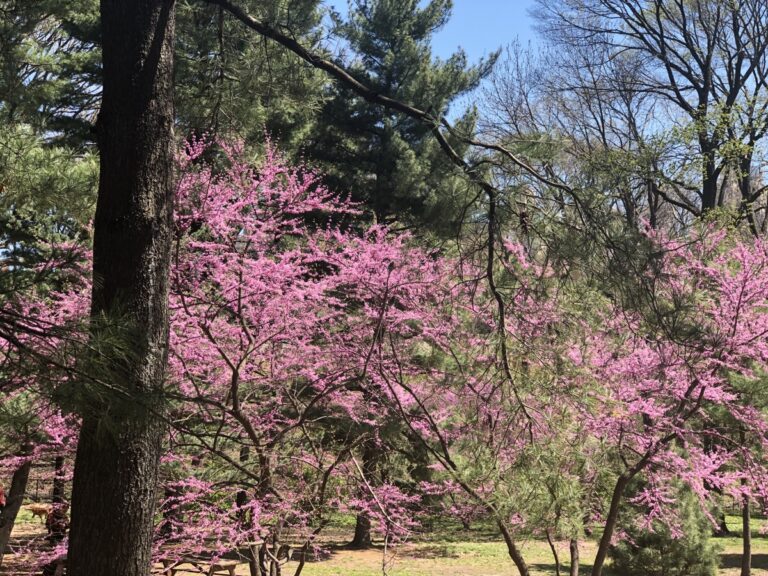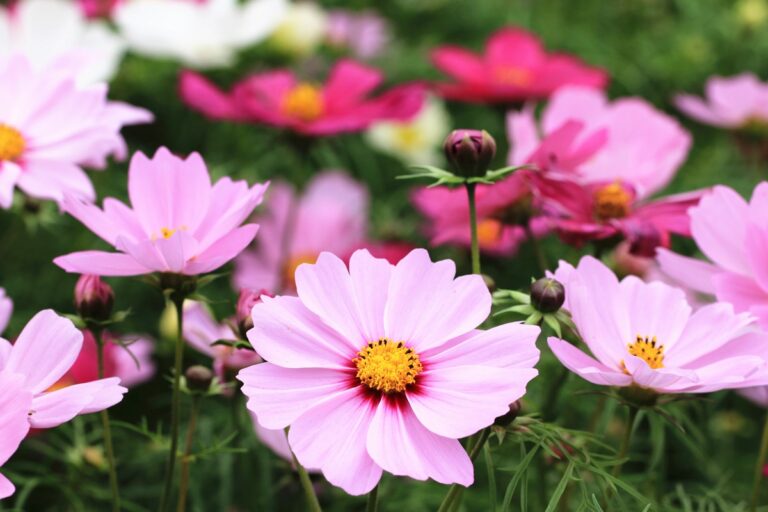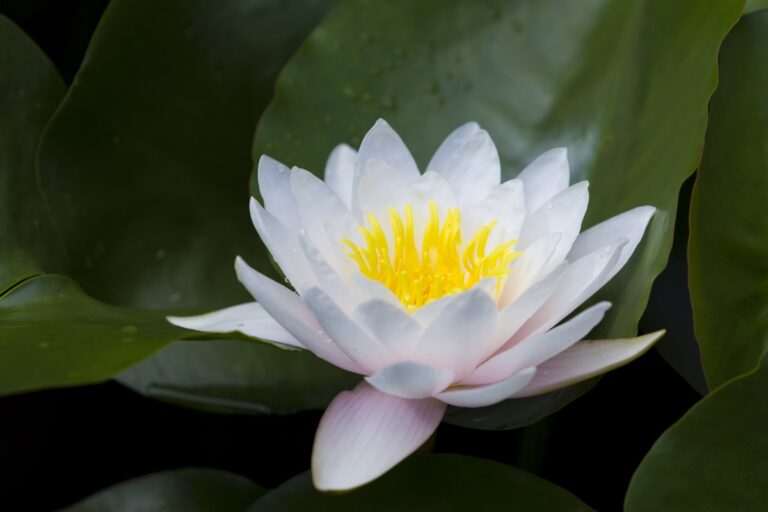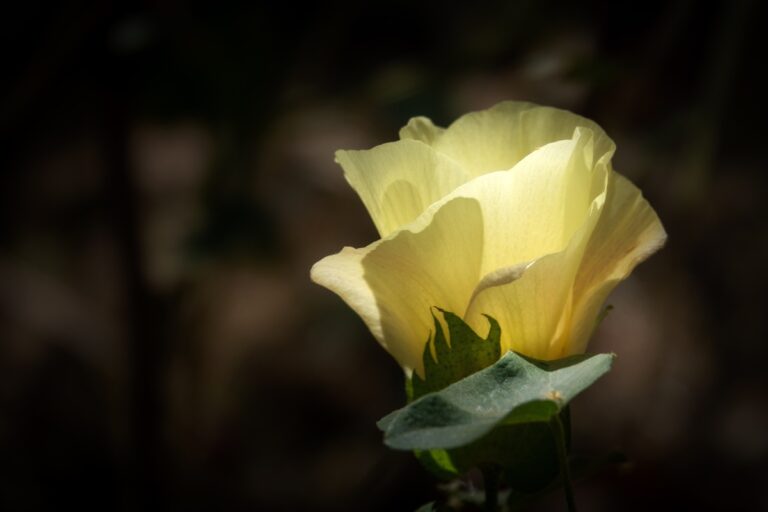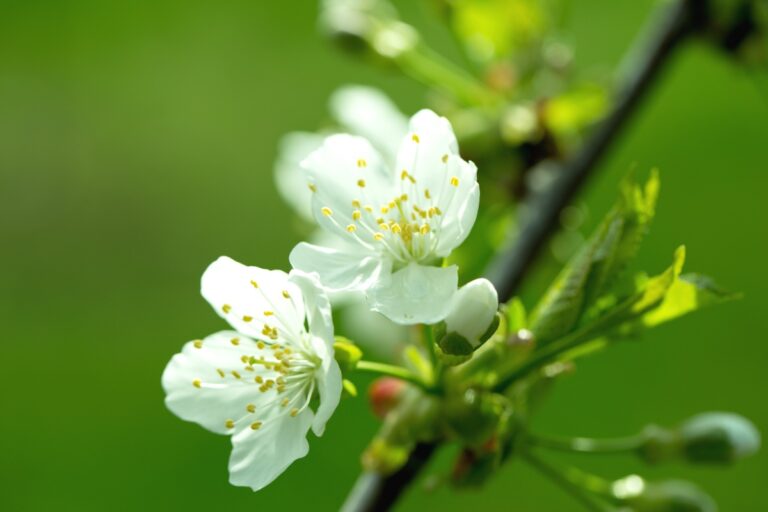870th Week: Service and Gratitude
I’m writing this practice shortly after hearing that a pending strike by building workers in residential buildings in New York City has been resolved by an agreement with the union that, if ratified, will be in place until April 2026. For those of you who live in large buildings with a large staff as I do, you’ll understand the depth of relief those of us who no longer face the possibility of having to cope with what it means not to have the support of those who keep these buildings working. What moved me most about this experience is that these building employees are now recognized as essential workers, which they absolutely are.
This brought to mind the importance of acknowledging and expressing appreciation and gratitude for all the people whose efforts and time go into making life livable in both urban and non-urban settings. Each morning, as I give the cats fresh water in their bowls, I bless the Spirit of Water and also send acknowledgment and appreciation to all the people who make this water available to those of us living in this city. It’s an enormous undertaking and I am constantly grateful to have access to free-flowing and clean water. Then, there are the people who work to keep electricity running in the city and I acknowledge and appreciate them each day, as well. The list goes on and on and I’m sure there are many things I still take for granted and don’t actively recognize in this way.
For this week’s practice, I invite you to bring your awareness to all the essentials and conveniences you have in your life and take a moment to imagine the many people you will never know whose efforts have made possible what you have at your disposal. This kind of practice reminds us that we are inescapably interdependent—that our well-being is dependent on a multitude of people we will never know. What a powerful gift!
Read More “870th Week: Service and Gratitude”